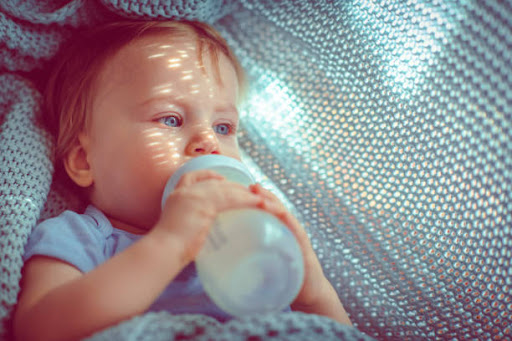
When it comes to the environment, milk bottle decay is one of the most pressing issues of our time. Unfortunately, this issue is often overlooked and underestimated by the public, leaving many children exposed to its negative effects.
Milk bottle decay is caused by the breakdown of plastic bottles that contain milk, usually due to exposure to the sun or other environmental factors. As these bottles break down, they release a variety of chemicals that can be harmful to children’s health. These chemicals can include phthalates, bisphenol A (BPA), and other endocrine disruptors, which can have damaging effects on a child’s development.
Exposure to these chemicals can cause a variety of health issues in children. These can include respiratory problems, impaired cognitive development, increased risk of certain cancers, and reproductive problems. The long-term effects of these chemicals can be especially damaging to children, who are still developing and are more vulnerable to the effects of toxic chemicals.
One of the most concerning aspects of milk bottle decay is its contribution to the growing problem of plastic pollution. Every year, millions of tons of plastic bottles are discarded and end up in landfills and oceans, where they can take hundreds of years to break down. This contributes to a variety of environmental issues, such as climate change, ocean acidification, and habitat destruction.
To address the issue of milk bottle decay, it is important to understand the underlying causes. In many cases, the main culprit is improper disposal. To reduce the amount of plastic bottles that end up in landfills and oceans, it is essential to educate the public on the importance of proper disposal. This can include using recycling centers, composting, and using reusable bottles.
Reducing the amount of plastic produced is a crucial step towards a sustainable future. Collaborative efforts between businesses and governmental bodies can bring about significant changes in reducing plastic waste, such as minimizing the use of plastic packaging in products and promoting the use of biodegradable materials. Such measures can effectively reduce plastic waste and prevent it from ending up in landfills and oceans.
Finally, it is important to ensure that children are protected from the effects of milk bottle decay. Parents and caregivers should be aware of the risks of milk bottles and take steps to reduce their children’s exposure to these toxins. This can include choosing milk that is packaged in paper or glass bottles, avoiding plastic bottles, and avoiding products that contain BPA or phthalates.
Milk bottle decay is a serious environmental and health issue that affects children worldwide. While the solutions to this problem are complex, there are steps that can be taken to reduce the amount of plastic waste and reduce children’s exposure to toxic chemicals. By educating the public and taking steps to reduce plastic pollution, we can ensure that our children have a healthier and safer environment. Contact our pediatric dental office today to learn more.
